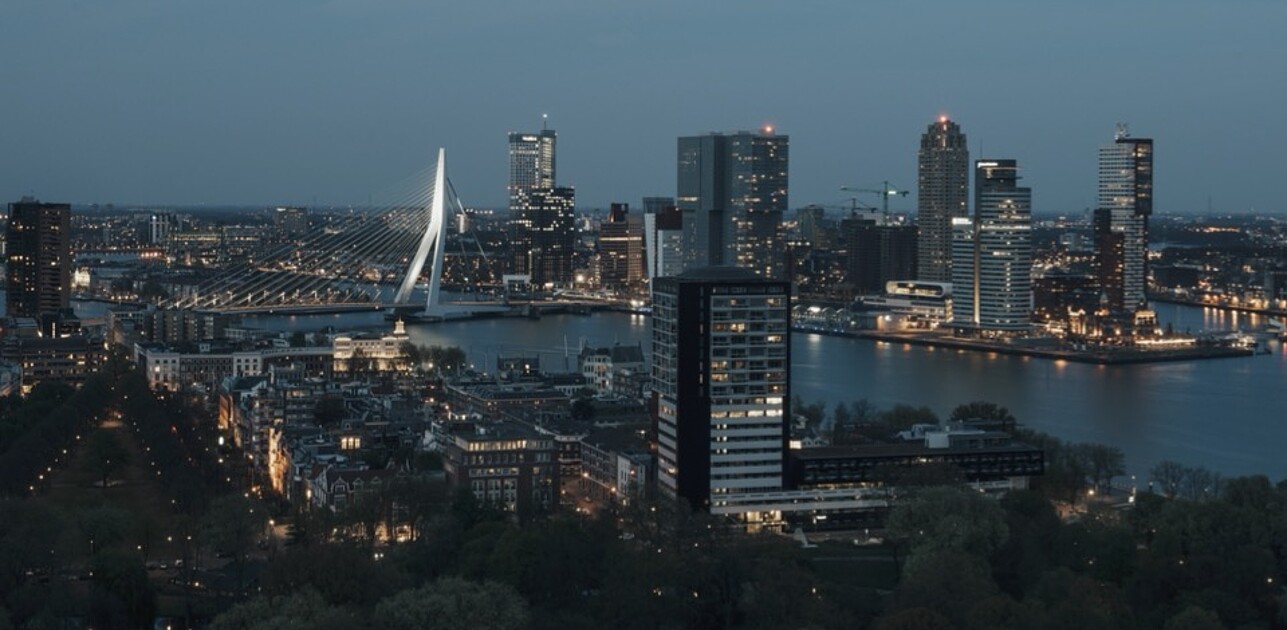

Reading time: 5 minutes
Societal expectations of the role and purpose of business schools have changed as understanding of the world’s greatest problems has grown. The world faces hugely challenging times in which complex and inextricable ‘wicked problems’ – including hunger, food security, poverty, inequality, climate change and sustainability – are being addressed with a sense of urgency.
But in acknowledging, understanding and working towards the alleviation of such monumental problems, it must also be understood that their very scale and complexity prevents any single societal entity from achieving meaningful success. Rather, it is only with collaboration between organisations and across sectors, and with common intent and a powerful sense of purpose that real impact becomes achievable and sustainable.
Collaboration between society’s infrastructural pillars – government, business and civil society – is not just essential for solving these wicked problems; it is also critical for identifying and defining the goals we set ourselves for the betterment of all. For real change to be made, we must work together.
RSM’s approach to making impact and creating engagement is considering it a process: we refer to the process of engagement and we defined pathways for producing impact. For this reason, RSM’s strategy, which positions the school as a force for positive change in the world, stresses three activity areas: impactful knowledge, transformative education and purposeful engagement, and values long-term effectiveness over short-term gains.
Transformative education, purposeful engagement and impactful knowledge represent the three pillars of how RSM can help business achieve meaningful and systemic change for societal transitions and the UN Sustainable Development Goals (SDGs).
Wilfred Mijnhardt, policy director RSM
At RSM, we believe that in order to contribute to resolving societal challenges, our activities should lead to meaningful, lasting and positive change.
We achieve our impact ambitions through three pathways:
Engaging with stakeholders and creating impact is nothing new, of course. The rich history of the School began in 1970 with support and funding from multinationals including ABN AMRO, Shell and Unilever with the purpose of providing the Netherlands with a new kind of business manager, trained to both analyse problems and develop practical solutions to them. This positive, solutions-based approach has always been integral to the RSM spirit.
Just over half a century later, our challenge now is to manage the transition towards becoming a fully impact-led institution, to ensure the knowledge we create and the relationships we build genuinely and measurably make a positive difference.
Read on to find out about our journey. These pages will guide you through our pathways, showing inspiring cases that demonstrate how RSM achieves making impact by initiatives that contribute to alleviating today’s societal challenges.